|
|
|
|
Many people who enjoy The Crown have watched the Harry and Meghan drama unfolding and thought how odd it is that history keeps repeating. In the years since the now Duchess of Sussex joined the house of Windsor, she has been the victim of a hostile campaign by the British press (sound familiar?). Toxic tabloid culture has drummed up story after story, gleefully creating a pantomime villain out of Meghan, the American set to destroy the great British monarchy. And now the palace is left looking, to many, cold and outdated as we’re told of its response to a family member who wouldn’t fall in line.
Royal drama sells papers and drives clicks, no matter how ridiculous the story, and even though such practice could backfire on the publications that pursue it. After so much has been done to vilify them in the UK, it’s unsurprising that the Sussexes sought to take hold of their own story. Sitting down with Oprah Winfrey, the pair offered a rare peek behind the palace doors. Here again we hear the echoes of the past. Harry’s mother Diana gave a similarly explosive interview exposing palace plots against her and Prince Charles’ infidelity. Indeed, the “royal confessional” has a long history, and most who have sought to hold the monarchy to account have instead been framed as attackers of a great institution. Laura Clancy writes that the royal family depends on such a framing to exist. And Steven Barnett looks at the role of the media.
|
Naomi Joseph
Commissioning Editor, Arts + Culture
|

|
|
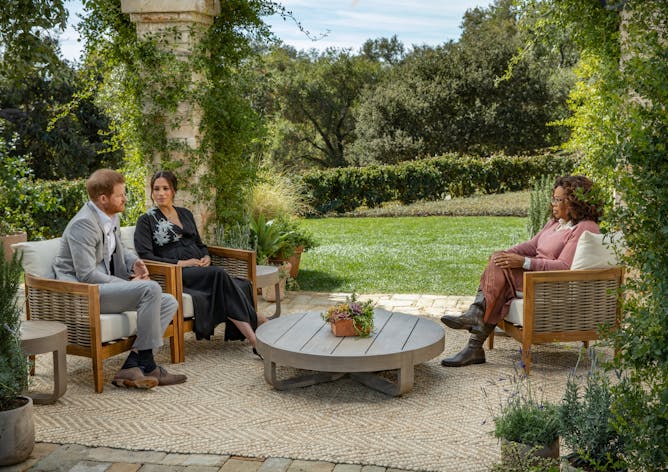
Harpo Productions/Joe Pugliese
Laura Clancy, Lancaster University
Royal confessions disrupt the careful balance between transparency and secrecy on which the monarchy is based.
|
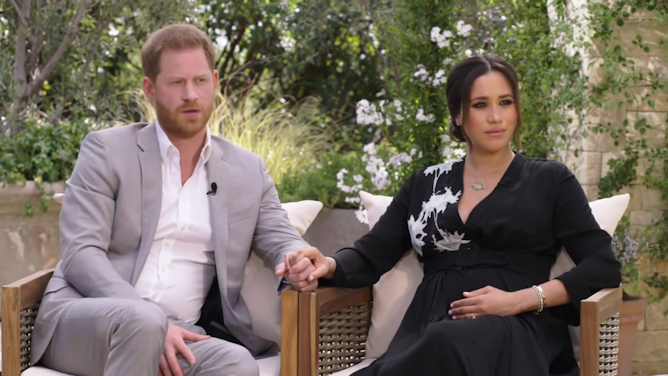
The Sussexes’ interview with Oprah aired on CBS on Sunday.
CBS/YouTube
Steven Barnett, University of Westminster
Could the press’s increasingly hostile campaign against the Sussexes lead to the fall of our toxic tabloid culture?
|
Politics + Society
|
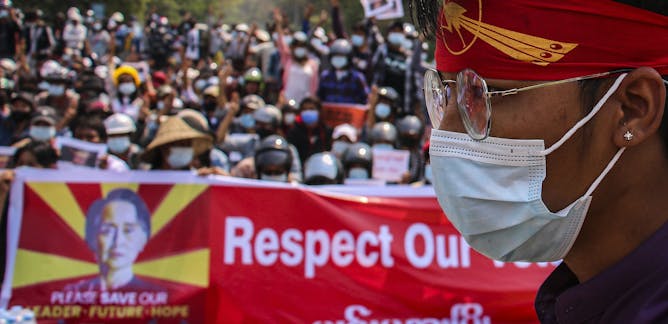
Matteo Fumagalli, University of St Andrews
Beijing is shaping as an important player in the international effort to resolve the political situation in Myanmar.
| |

Karen McIntyre, Virginia Commonwealth University; Meghan Sobel Cohen, Regis University
Uganda media houses pay low wages and offer few development opportunities for journalists, which makes reporters more susceptible to bribes.
|
|
|
Business + Economy
|

Eerke Boiten, De Montfort University
Google's shift to 'profiling' is being billed as a privacy boon – but it's also a strategic pivot.
| |
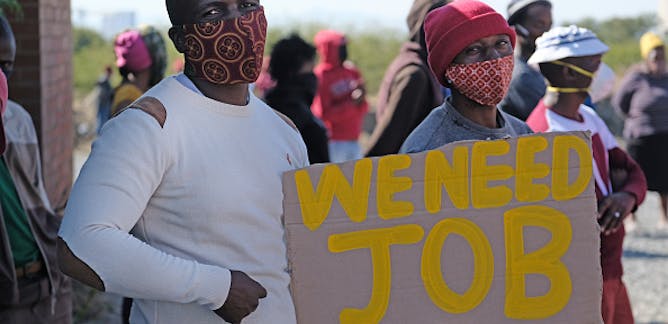
Derek Yu, University of the Western Cape; Christie Swanepoel, University of the Western Cape
Joblessness has become a fixture of the South African economy. Understanding the patterns of who is out of work and for how long is key to designing policies to address the problem.
|
|
|
Science + Technology
|
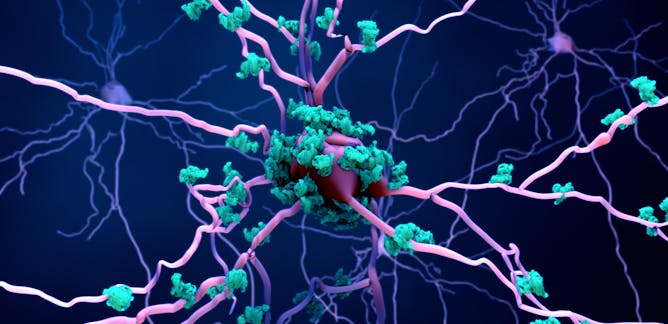
Mark Dallas, University of Reading
The researchers developed a molecule which works to stop toxic proteins from building up in the brain.
| |
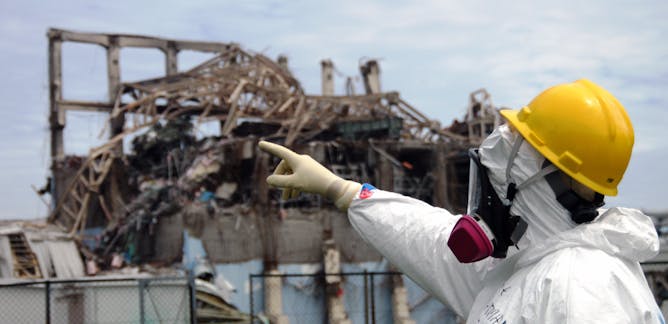
Kiyoshi Kurokawa, University of Tokyo; Najmedin Meshkati, University of Southern California
On the 10th anniversary of the Fukushima nuclear disaster, two experts explain why human choices are more important to nuclear safety than technology, and why the job is far from finished.
|
|
|
En Français
|
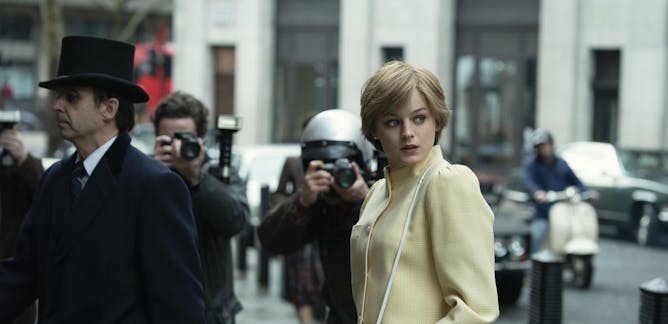
Catherine Marshall, CY Cergy Paris Université
Dans les deux dernières saisons de la série, la monarchie apparaît à bout de souffle.
| |
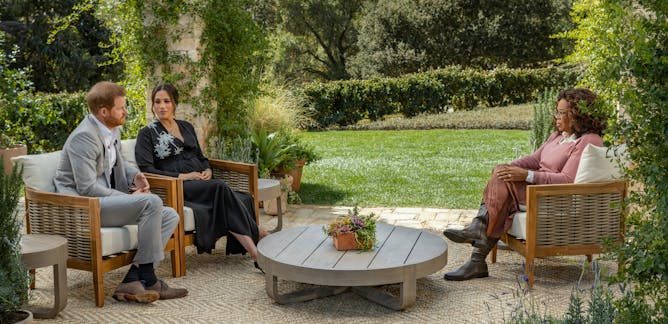
Laura Clancy, Lancaster University
Les confessions royales perturbent l’équilibre prudent entre transparence et secret sur lequel s’appuie la monarchie.
|
|
|
| |
| |
| |
| |
| |
| |
|
|
|
|
|
|
|